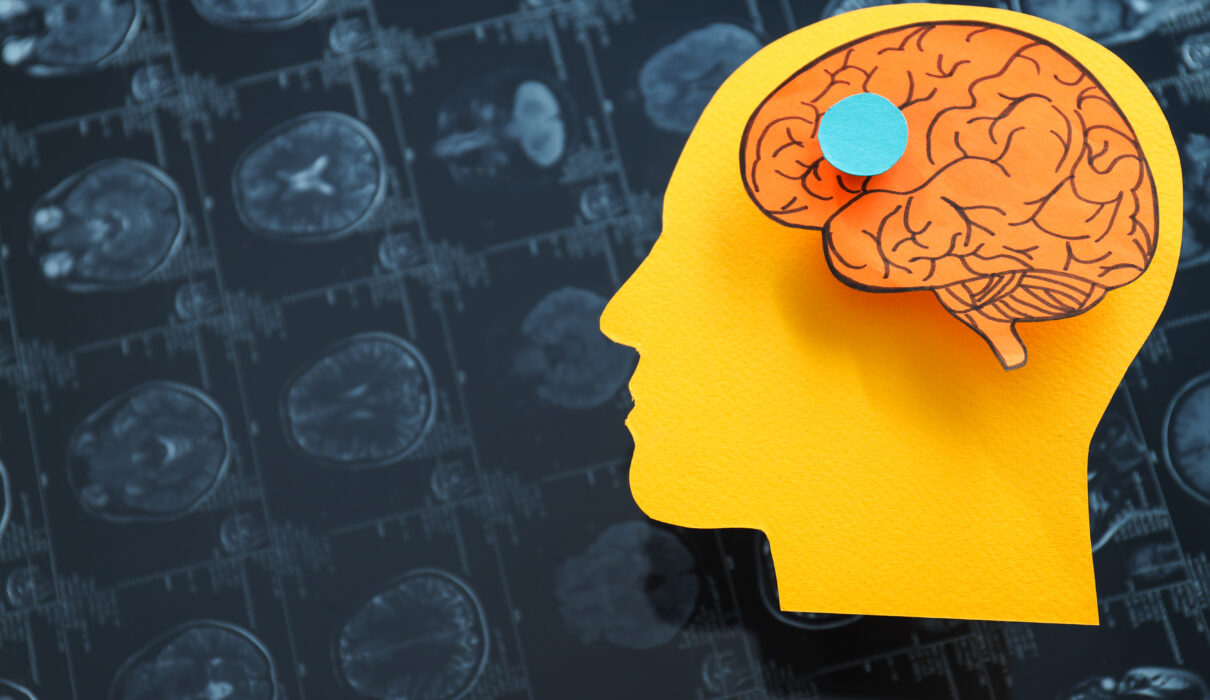What do the excitement of receiving an unexpected WhatsApp and the joy of seeing your favorite dish of food have in common? In both cases, dopamine and serotonin cause a chemical storm in your brain. Find out why here.
Imagine for a moment that your brain is a laboratory of emotions in constant flux. That’s where two protagonists come into play: dopamine and serotonin, two neurotransmitters with marked differences. Although both are found in our nervous system, they perform numerous and different functions in the body.
An imbalance between dopamine and serotonin can cause mental health problems, disrupt sleep patterns and even affect digestive efficiency. It is essential to maintain a balance between these two neurological forces to ensure optimal well-being.
Although dopamine and serotonin have similar effects on the body, they function differently. As you read, we’ll tell you what you need to know about the differences between these chemical messengers.
Difference between dopamine and serotonin
There is not just one difference between dopamine and serotonin; their characteristics are notable in several ways. First, they originate differently: serotonin is created from tryptophan, while dopamine originates from tyrosine.
As for its effects on the brain, a study by Nature Neuroscience states that dopamine regulates motivation and euphoria, while serotonin improves our emotional state, promoting tranquility and concentration.
Additionally, these molecules have unequal impacts on the body. Dopamine is linked to the control of body movements, which, according to the journal Mental Health , is related to Parkinson’s disease.
On the other hand, serotonin influences the regulation of the circadian rhythm, controls appetite, impacts metabolism and our hormones.
Imbalance between dopamine and serotonin
The difference between dopamine and serotonin is that the body is affected by the absence or imbalance of these neurotransmitters. Research in Trends in Cognitive Sciences details that dopamine intervenes in the properties of the neuronal response in the prefrontal cortex.
Dopamine plays a major role in cognitive activity, and its deficiency can manifest as memory loss , frequent forgetfulness, and difficulty remembering details. In addition, this deficiency affects our ability to concentrate and understand information effectively.
On an emotional level, a lack of dopamine tends to generate a decrease in the ability to feel pleasure and enthusiasm, which contributes to a feeling of apathy, disinterest in daily activities and, above all, affects libido.
On the other hand, a review in Oncotarget defines serotonin as a neurotransmitter that plays important physiological functions, including circadian rhythmicity, thermoregulation, emotion, cognition, and nociception.
Thus, serotonin deficiency is related to sleep disorders, sensitivity to pain and irritability, causing a cascade of effects that negatively disrupt our quality of life.
In addition, a lack of serotonin results in digestive problems, contributing to negative emotional states and a diminished perception of joy and well-being.
Taken together, the imbalance between dopamine and serotonin is linked to disorders such as depression and anxiety , as well as addictive behaviors (Martín Critikián & Medina Núñez, 2021), coloring life with a series of emotional and physical challenges that require attention and care.
Balance between dopamine and serotonin
Dopamine and serotonin work together in the brain to regulate a variety of cognitive and emotional functions. Although their interaction is complex and not yet fully understood, these neurotransmitters have been shown to play complementary roles .
Working in balance, dopamine propels you forward, guiding you with the promise of reward and success, while serotonin envelops you in a warm feeling of well-being, helping you maintain the emotional and mental balance you need to meet life’s challenges.
Actions to achieve the necessary balance
Together, these molecules exemplify the complexity and wonder of the brain chemistry that shapes our being. Here are some actions that help balance them:
- Exercising outdoors: Serotonin comes into play after exercise or sunlight.
- Mindfulness also has a positive influence on dopamine levels by reducing stress and promoting relaxation.
- Establish a daily routine and achieve small goals : this helps maintain healthy dopamine levels by experiencing a constant feeling of achievement.
- Maintain contact and positive social relationships: this stimulates the release of serotonin by activating brain circuits related to emotional well-being.
- Practicing mental challenges: Solving puzzles, strategy games, and engaging in activities that require concentration and focus increase dopamine by engaging cognitive areas of the brain.
- Watch what you eat: eating bananas, oats, chocolate, pineapple or chickpeas boosts dopamine and serotonin levels in the body. A balanced diet is essential to achieve a balance between these two neurotransmitters.
Regulating both neurotransmitters is key
These neurotransmitters differ in that dopamine drives us towards pleasure and gratification, while serotonin weaves the fabric of happiness and well-being. However, it is crucial to remember that the balance between the two is the key.
Our emotional well-being is nurtured by seeking out moments of pleasure while cultivating a positive and serene state of mind. Embracing such forces in our lives leads to a greater understanding of emotions and empowers us to live them in richer and more rewarding ways.


